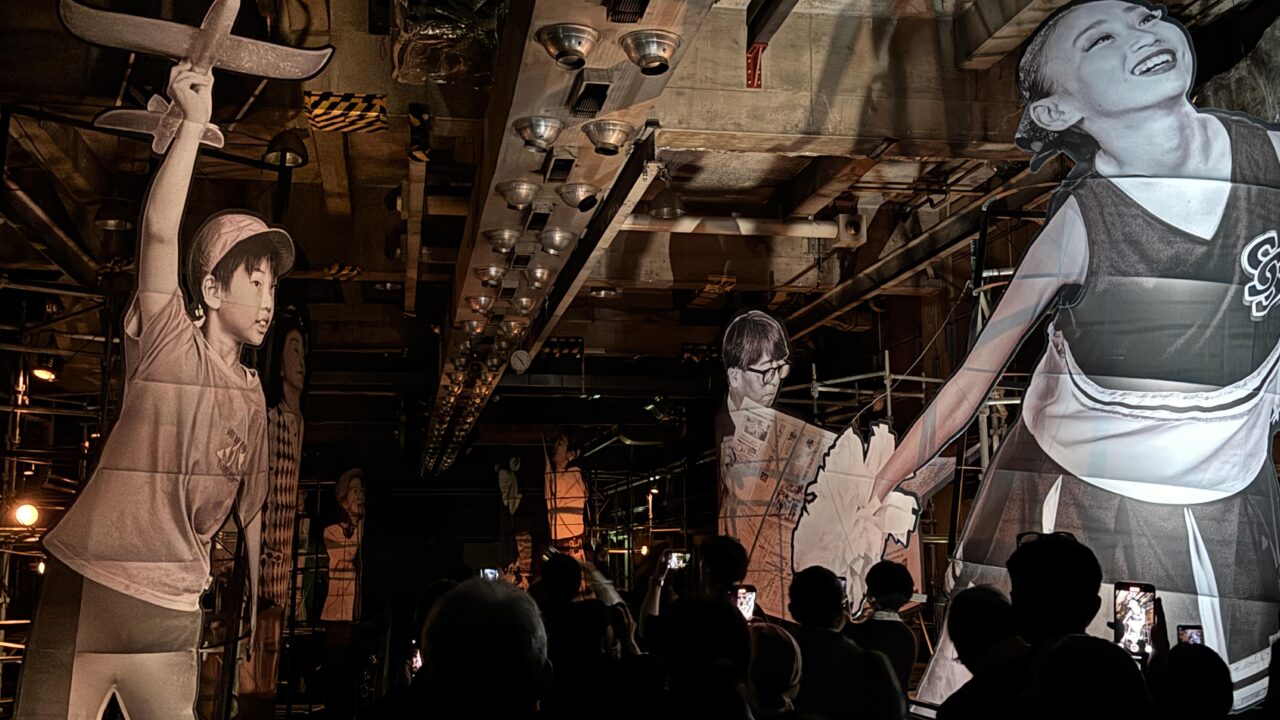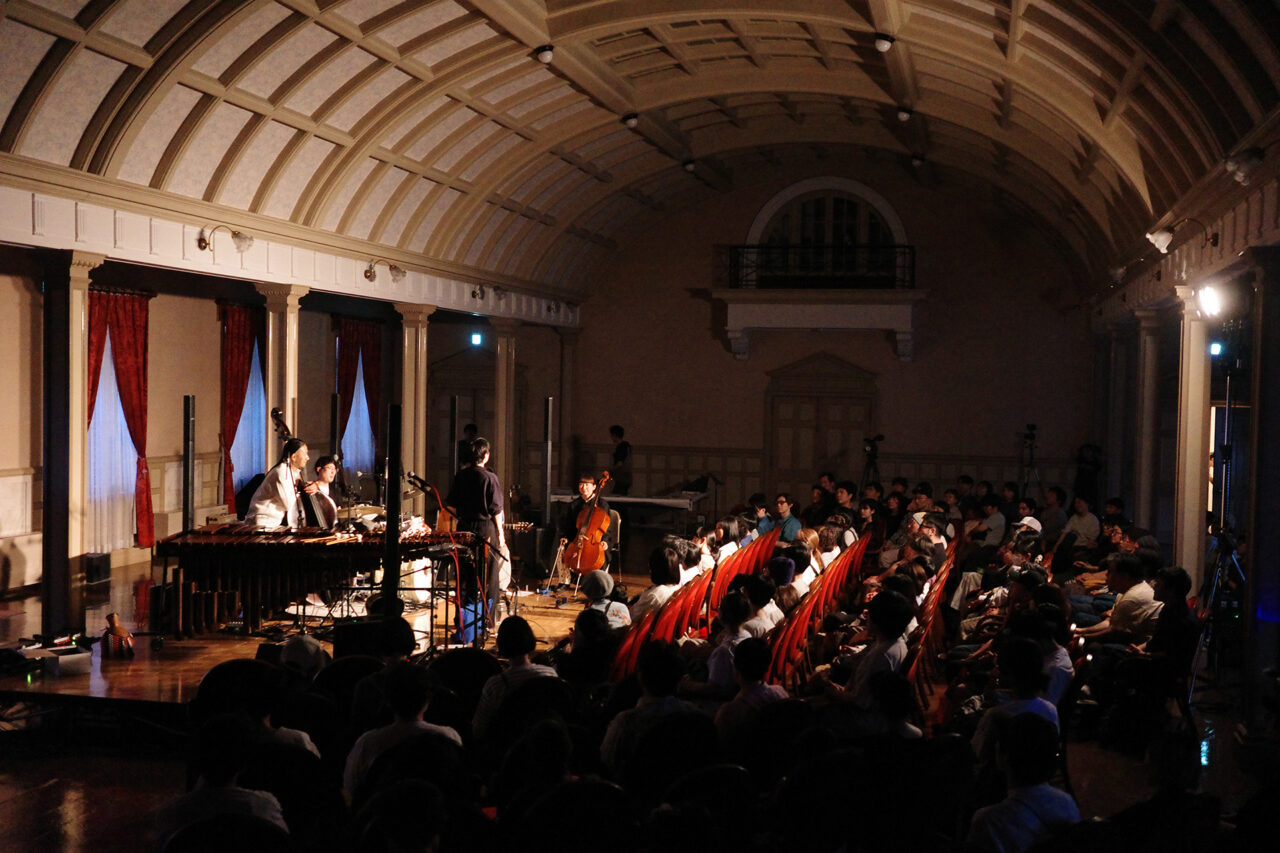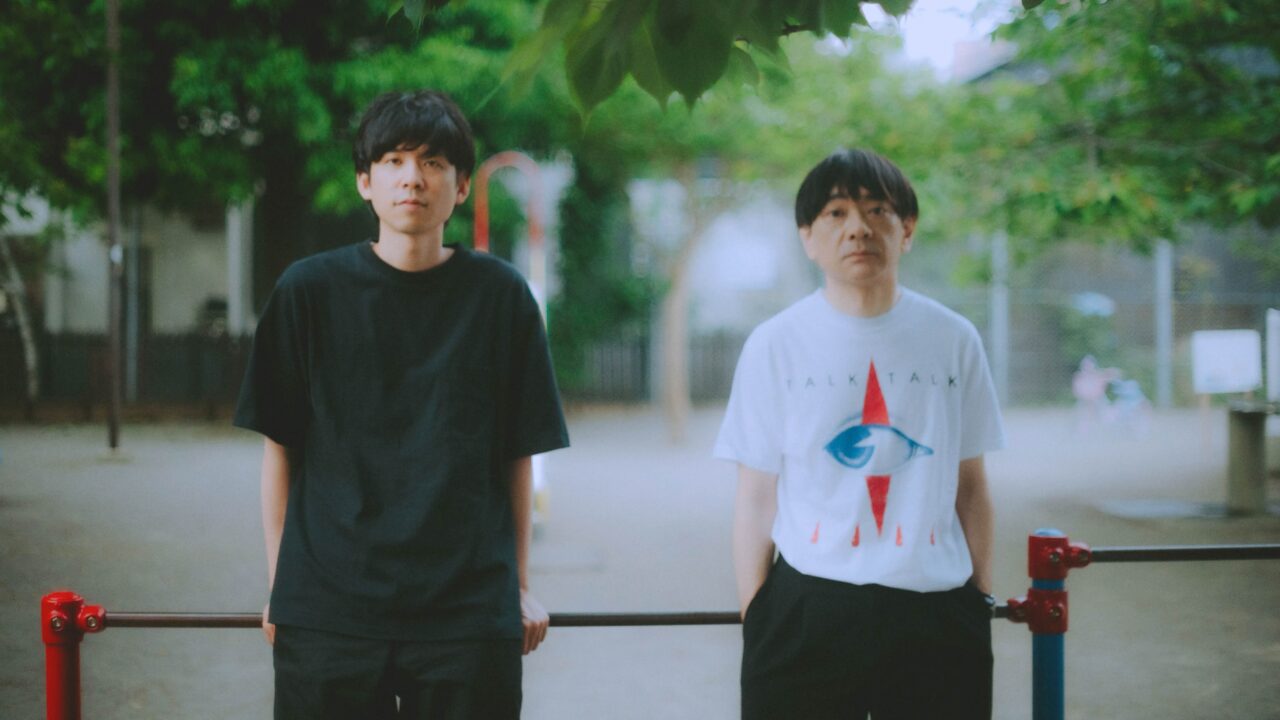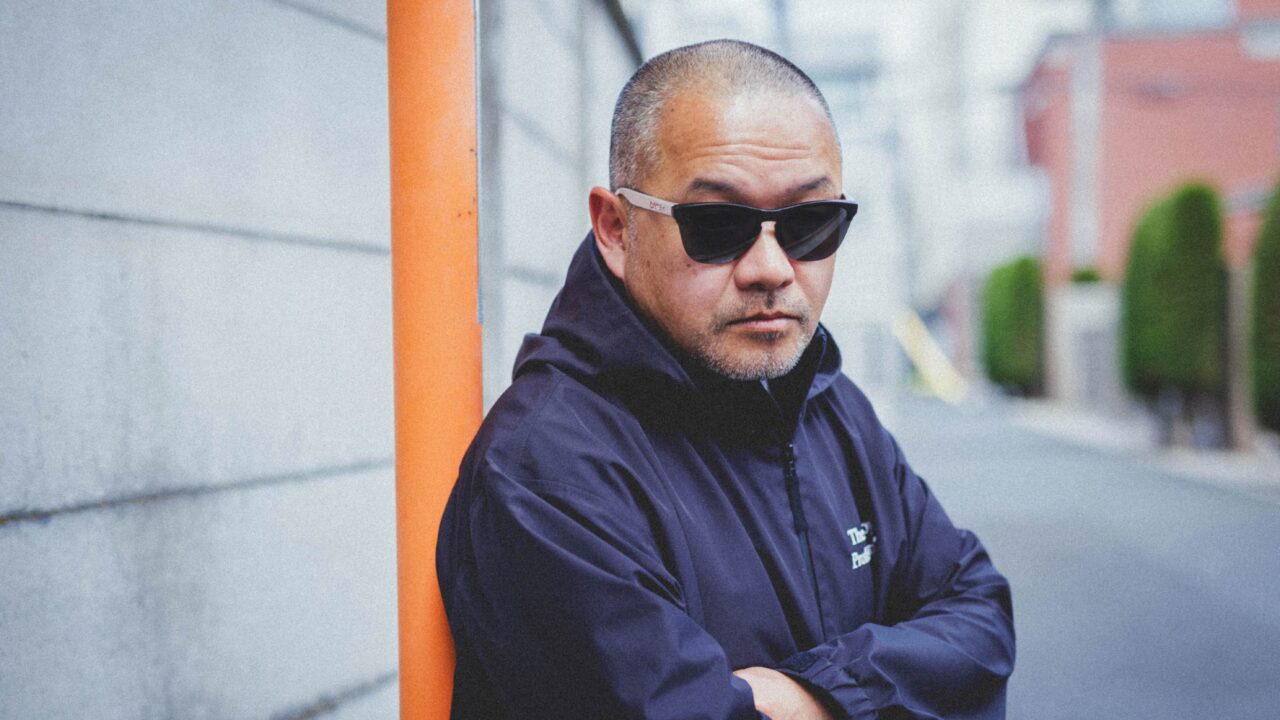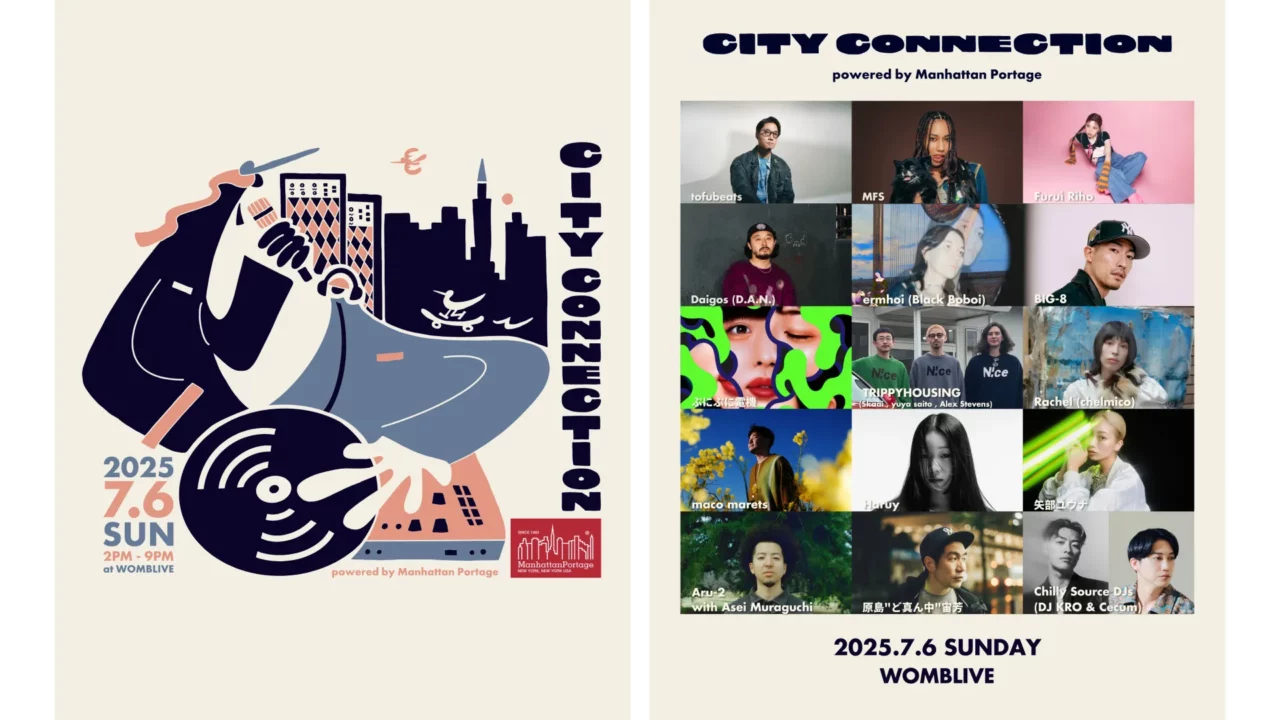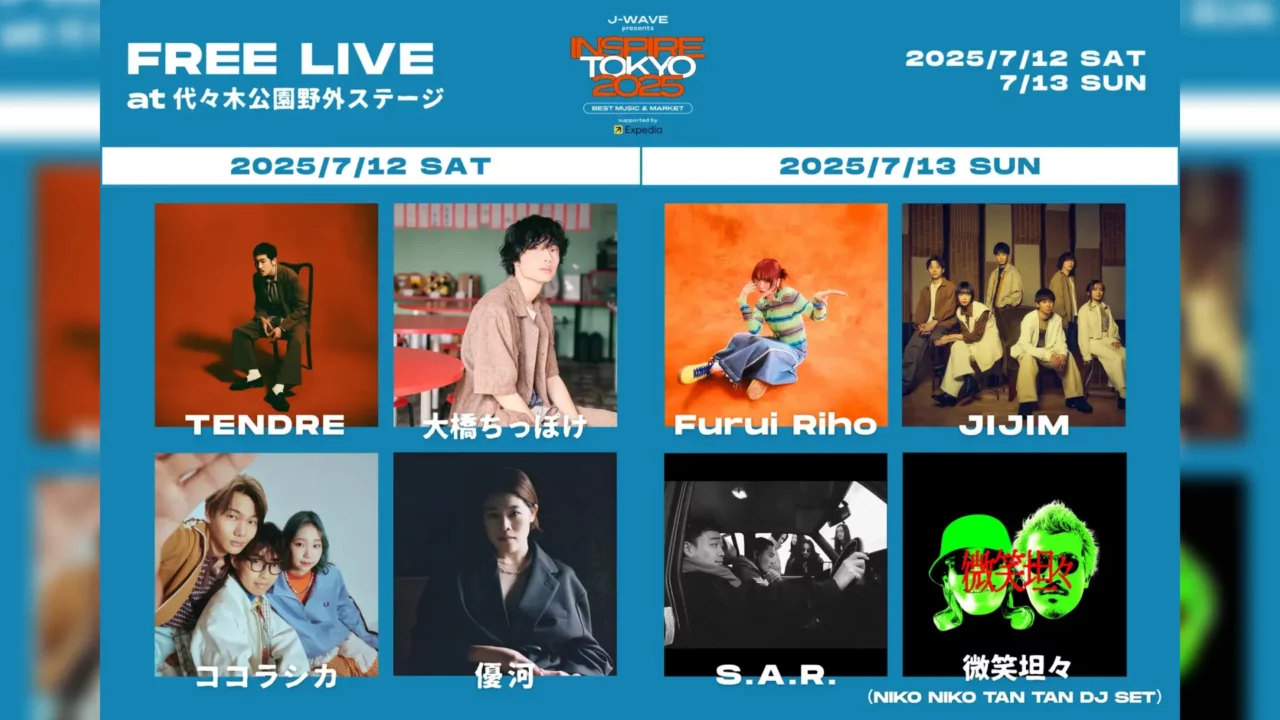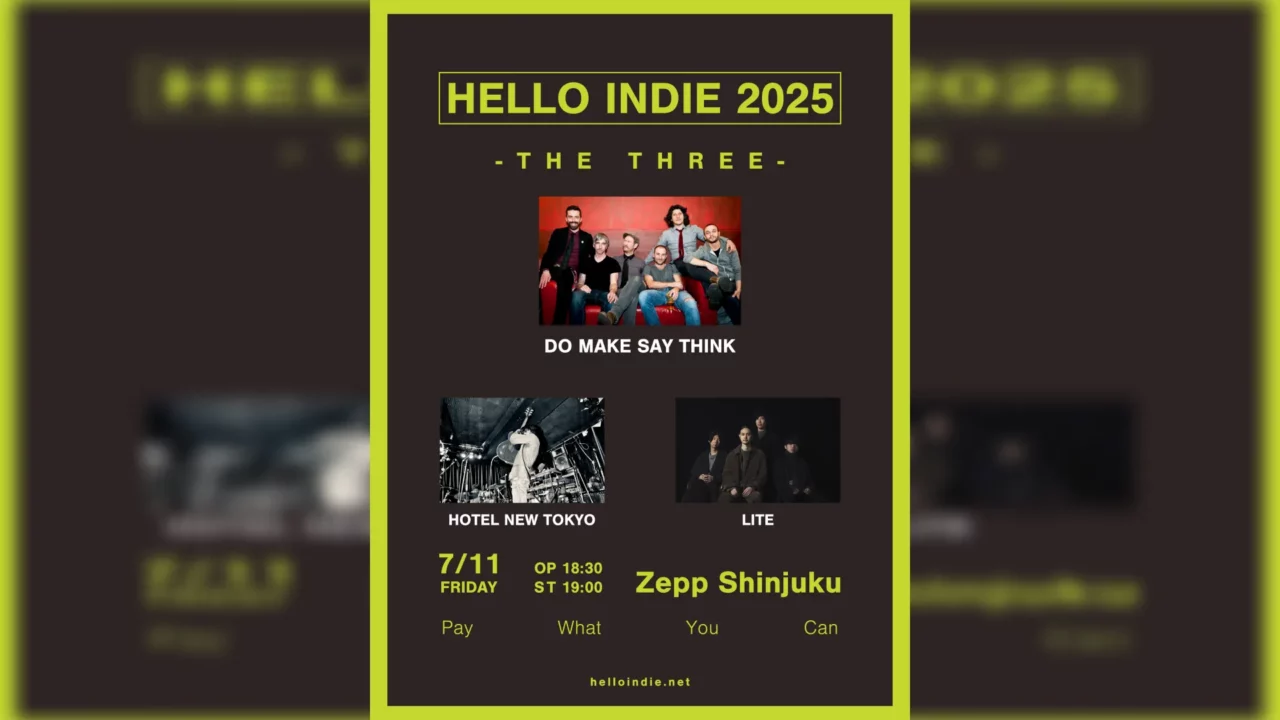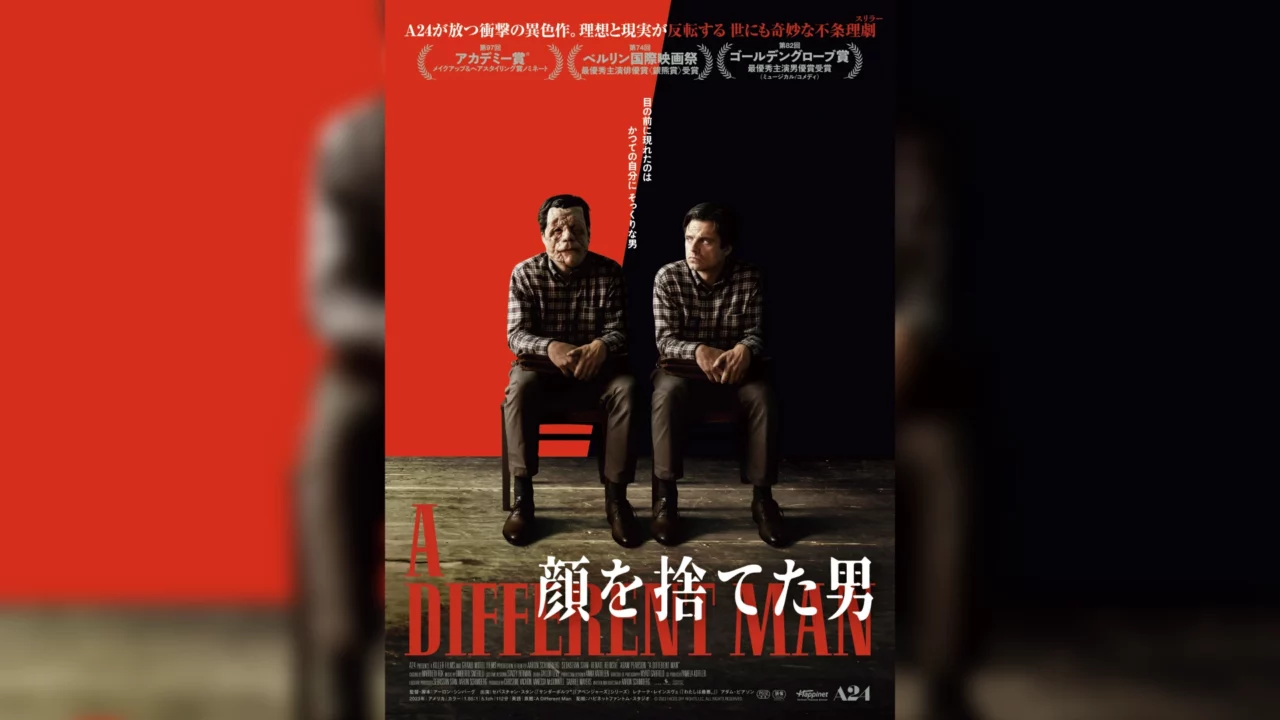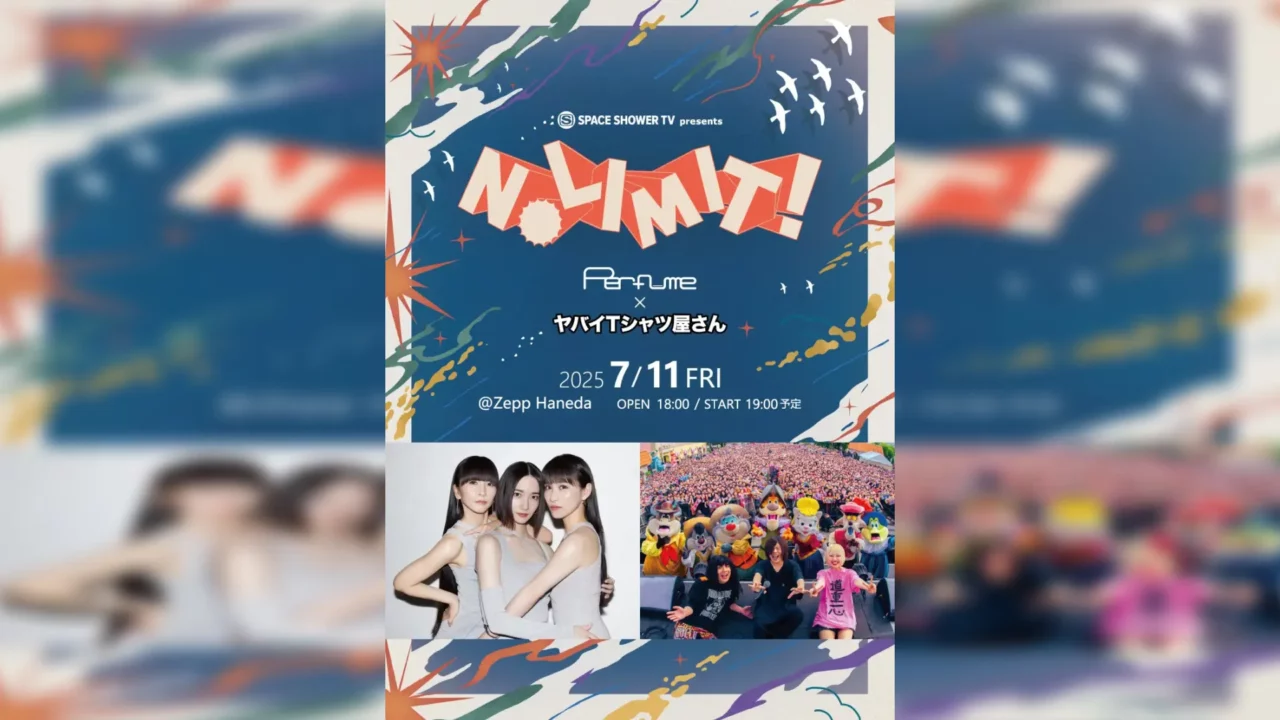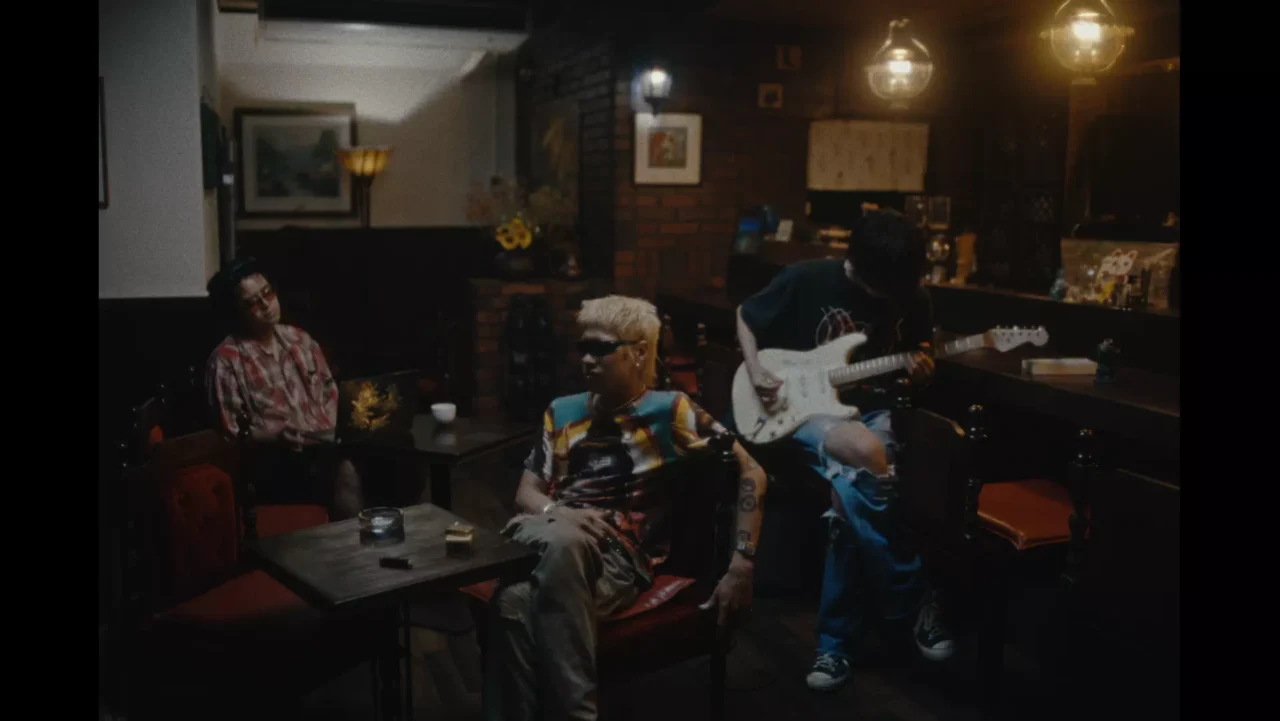In the second installment of ” Music and Work, Sometimes Buddhist Service,” a series of conversations on the theme of “music and work , ” tami, vocalist of TAMIW and owner of the music studio “Hidden Place” and pet cemetery at a temple in Sakai, Osaka, is a member of the music unit Frasco, an advertising creator The second guest is Shinya Takano, a member of the music unit Frasco, who also works as an advertising creator and navigator of J-WAVE’s “GRAND MARQUEE.
The commonality between tami and Takano is that both started their music activities after they became working adults. Takano’s “café au lait theory” that one should mix what one wants to do with one’s work at a ratio of 1:1, rather than trying to force one’s work into what one wants to do (in their case, music, of course), was shared by tami. From there, the conversation gradually expanded to the contemporary environment surrounding “music and work.
INDEX
Childhood when there were only two choices: “Give up or don’t give up.
tami: The theme of this series is “music and work,” and while you are active as an artist as Frasco, you also tweet about your work on SNS, don’t you? But I think there are surprisingly few people who do that.
Takano: It’s true that many people don’t even say “I do this kind of work.
tami: Some people hide it, and I think that’s fine. But when I think about it, I also wonder if it is a good idea to hide the work that takes up the majority of one’s life. Takano-san, I heard that you met vocalist Raru Mine at a drinking party, and then you started playing music in earnest.
Takano: That’s right. When I started playing music, it was surprisingly fun and I got into it. That’s why I started doing music very late, at the age of 33.

is a navigator for J-WAVE’s “GRAND MARQUEE” program, and in charge of lyrics, composition, arrangement, planning, etc. for the music unit “Frasco. She is also in charge of planning and copywriting for advertisements at Kayac Entertainment Inc. He sometimes does one-man comedy with his natural cheerfulness.
tami: I started playing in a band late in life, towards the end of my 20’s. I was in the light music club in junior high and high school. I played in light music clubs in junior high and high school.
Takano: Wow, we are the same!
tami: But I didn’t do it when I was a college student, when everyone else was doing music to “sell out! I didn’t do it when I was a university student. I was doing research.
Takano: That was at the Institute of Physical and Chemical Research, wasn’t it?
tami: That’s right. When I was working at RIKEN, I hit the limit of my ability, and I felt an extraordinary amount of stress and wondered if this would last forever. Before I started working at RIKEN, I had only dreams, but once I joined RIKEN, I had to deal with many so-called “salaryman-like problems.
Takano: So now you are running a studio in a temple and doing music at the same time. I can’t speak for others either, but it’s a pretty steep turn.
tami: I always wanted to be a singer. My parents told me it was impossible because I had no talent, but I secretly tried auditioning, and even though I made it halfway through, the last audition didn’t go through, and when I was about 12 or 13, I thought, “Maybe I won’t get in. Then, because I was just a child, I had only two choices: give up or not give up.

In 2018 TAMIW was formed in 2018. In 19, they toured the U.S. for 20 shows, and in 21, they were selected for the “FUJI ROCK FESTIVAL ROOKIE A GO GO” and released their third album, “Fight for Innocence” in February 2011. He has been working at a temple in Sakai, Osaka, as a music studio “ Hidden Place and a pet cemetery.
Takano: That’s what you think when you are a child.
tami: That’s why I stopped playing music, but I always had the urge to do it somewhere. When I joined RIKEN, everyone was using Macs, and I started using them without really knowing what they were, and I saw that GarageBand was installed there.
Takano: And there it was!
tami: After that, an acquaintance told me, “You can do more with Logic,” so I bought it even though I didn’t really know what it was, tried it out, and was soon creating songs with it.
Takano: It’s kind of like that.
INDEX
Confucius says, “Hard work is no match for enthusiasm.”
-Like what you just said about tami-san, did you always have the desire to do music until then?
Takano: I always had it. I had a longing to be a musician or an artist, and I wanted to write original songs, but I set the bar so high that I thought music theory would be too difficult, and I never even attempted it.
But then my partner Mine told me about GarageBand, and I tried playing around with it on my smartphone and found Smart Pianist (which generates musical scores based on the music data in your smartphone). I was like, “That’s so convenient! I tried to create an original song by creating a melody using a chord progression I had researched. I thought, “I can do that!

tami: I totally understand!
Takano: Takano: I was like, “Why didn’t I do this before? Takano: “Why didn’t I do it before?
tami: I thought I had to play everything myself. I used to think I had to play everything myself, but with Logic, there are Apple Loops (loop sound sources for various instruments), and I was like, “I can do this. I used to think, “I can’t play the drums,” and I was raising the bar on my own, but with desktop music, I can do it.
Takano: I don’t think I would be doing music the way I am now if I hadn’t met GarageBand, so I am very thankful for that.
By the way, I happened to have a chance to read “The Analects of Confucius” recently, and it was very interesting……..
tami: By the way, my mother is a Korean of Chinese descent, and she is a descendant of Confucius.
Takano: Really? Is there such a coincidence?
tami: My grandfather is a direct descendant.
Takano: That’s amazing……. Confucius said, “He who knows this is like he who loves this. He who loves this is the same as he who enjoys it. In other words, “hard work is no match for enthusiasm.” In work or anything else, a person who is swamped by the feeling of “This is so much fun! The person who is swamped by something is the strongest. This mindset is very important.

Takano: When I first started GarageBand, I was having so much fun making music that I made music on the train to and from work all the time, even while riding the elevator, and during my lunch break I would just make music in Doutor. I was making music all the time on the train to and from work, even when I was riding the elevator, and I would spend my lunch break just making music at Dotour. I think it is important how much you can devote yourself to it.
tami: That’s true!
INDEX
If I had started in my teens, I don’t think I would be doing the kind of music I am doing now.
–Both of you started playing music seriously when you were around 30 years old, and I think it would be great if more people like that started playing music.
Takano: Takano: “I wondered what it would be like to start at my age. Takano: I thought, “What about starting at my age? Age, gender, and so on.
tami: I think it is still a minority to start at that age, but I think the times and environment have become much easier than when I was a child. I also feel that if I had started when I was a teenager, I would not be doing the kind of music I am doing now. If I start playing music in my teens, I may play it until I die, so I want to play music that I can play until I die, even when choosing a genre. Takano, is there any relationship between your style of music and the age at which you started?

Takano: I think it depends more on the environment than on my age. I started with GarageBand, so I naturally started typing. …… But age may also have something to do with it. I started when I was 33, and everyone around me was working, so it was difficult to make time for it. That meant I might not be able to play in a band. So we decided that it would be better to create the music by inputting data and record the vocals as the vocalist, so that we could communicate with each other using only minimal data.
tami: So it ended up sounding very current.
Takano: I was lucky, though, because the kind of music that could only be done in that environment happened to fit my tastes as well.
tami: I read in an interview with you that you have a 1:1 mindset between work and music.
Takano: You mean the “café au lait theory.
tami: I think that is difficult to say in terms of income. ……
Takano: It is difficult. In terms of income, it would be a café latte (laughs).
tami: But I understand what you mean. I’m not sure if I actually think of it as a 1:1 ratio, but if I think about it softly, it’s more like a 1:1 ratio for me.
Takano: Gradually, there is a mutual interaction between the two. Frasco and I communicate via Slack, and I don’t think I would have been able to do so much “I have a deadline, so I have to do this by then” if I hadn’t been working. Work is work, and the ideas and creativity that I have cultivated through music come to life as ideas, and I think it works both ways. I also thought that it would be better to disclose the fact that I am doing music. I work for a creative advertising company called Kayak, and if I keep saying “I’m a musician” within the company, there are times when I make music as part of the company’s work.
tami: You didn’t join the company by pushing your music career?
Takano: Yes, there was that too. If you search for Frasco, you can find a lot of things, so my entrance to the company was based on my musical activities.

Takano: Then, when the Poop Museum project was just starting up, I was like, “Someone who can play music just came in,” and I asked Kenmochi Hidefumi (Wednesday’s Campanella), who was in charge of music at the Poop Museum and had connections through his musical activities, to join me. It was really an interaction, and I was very lucky.
–In terms of the cafe au lait theory, what kind of interaction do you see between your musical activities and studio management?
tami: I think everyone should have working experience. When I deal with people who probably don’t have working experience, I sometimes think that if they did, I would be able to deal with them more smoothly. The reason I can do that without having to go out of my way to learn is because I have experience in the business world.
Takano: In the end, communication is very important, isn’t it? Both in work and in music. When dealing with various people in the music business, people who have good communication skills are trusted, and it is pleasant to work with them.
Tami: That’s true. There may be explosive type artists, but that is based on the premise that there is someone who can communicate on their behalf, so if you think about doing it all by yourself, it is better to be able to do it. I understand that the more experience you have, the better, and I understand that there are people who say you don’t have to do the hard work that you don’t have to do, but I think it’s more profitable to be able to communicate properly with people when you’re dealing with them.






